

Marble in Metamorphosis
Marble in Metamorphosis
$32.00
Out Of Stock!
We will notify you when this product becomes available.
The piece of marble is no more a painting than nature itself is a painting, yet like a painting it speaks for itself: it is complete. It is separated from the process of its own becoming and can stand apart. It is also a narrative of sorts, a story of time, though one with neither protagonist nor author – a very impartial kind of witness, this [...] piece of marble, that is being given an opportunity to testify. — Rachel Cusk, Marble in Metamorphosis
In her essay of the same name, Marble in Metamorphosis, Rachel Cusk explores the meaning of marble in different cultures. On a visit to a marble-bearing Greek island in the Aegean Sea, she considers its enduring nature, itself brought about after a period of great pressure.
Marble has long been used to display political power and wealth. It also betrays vanity and corruption. Dictators built their palaces from marble which outlasted their rule and now disappear gradually into the ground, literally sinking beneath the weight of their own ambition. Marble decorates modern homes as a covetable and expensive form of interior design, commercialised and democratised, mined on an industrial scale.
In reflecting on the deep relationship between marble and human culture, Marble in Metamorphosis examines the social and historical function of the material throughout time, the fate of monuments through history and the tension between classicism and realism in art and architecture. Chris Kontos’s photography explores two landscapes marked by marble and its uses: the island of Tinos, with its centuries-old tradition of marble mining and craft, and Athens, which has an ancient and enduring connection to marble evident in its ubiquitous presence throughout the city.
Related Products
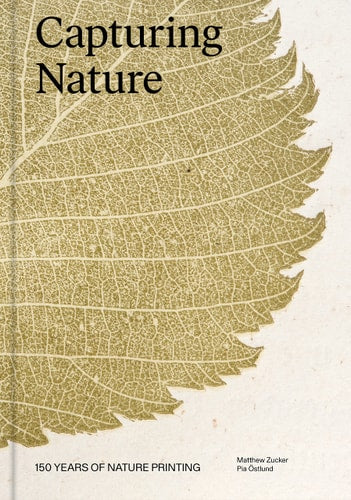
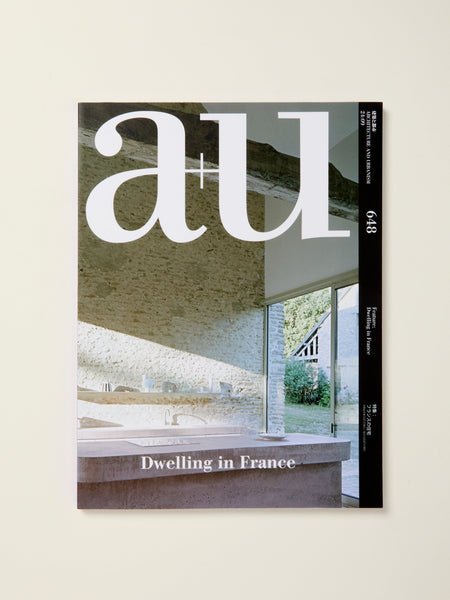
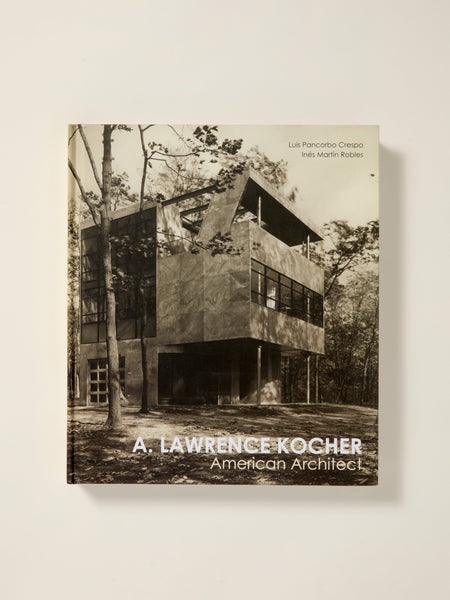
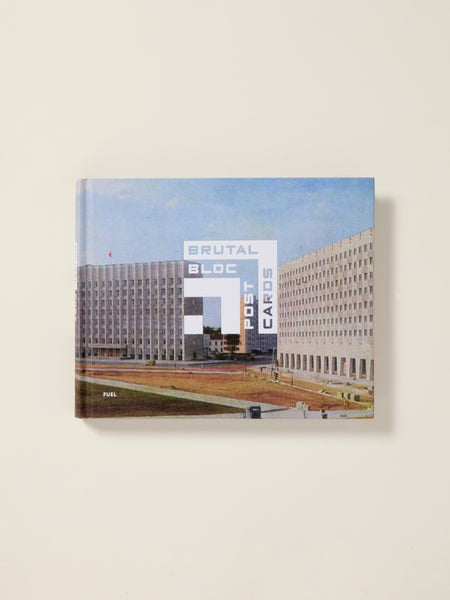
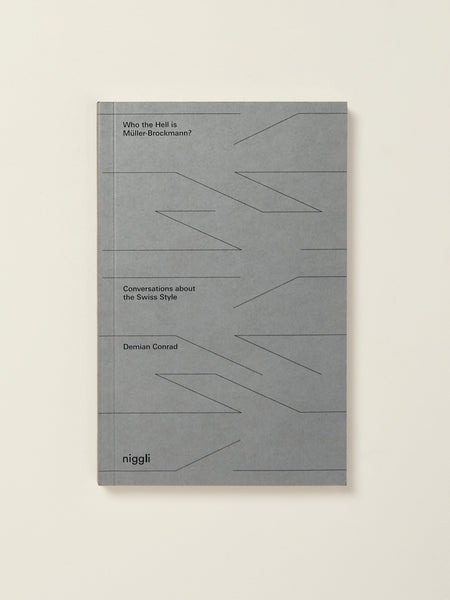
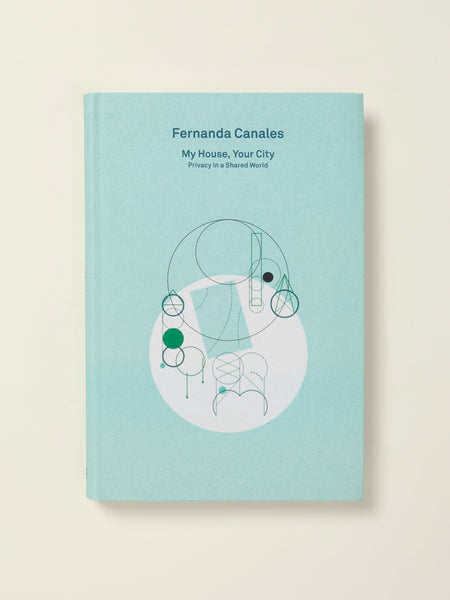
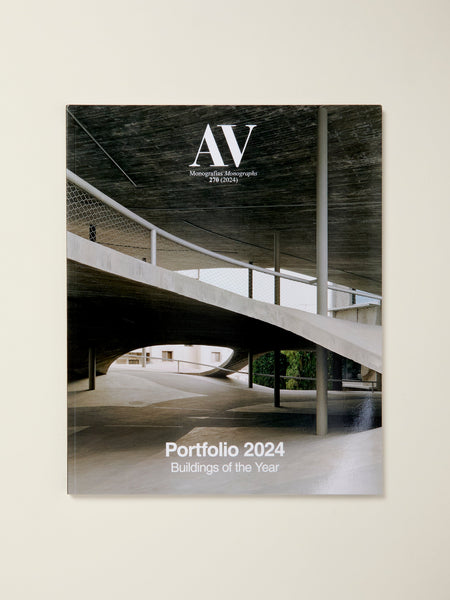
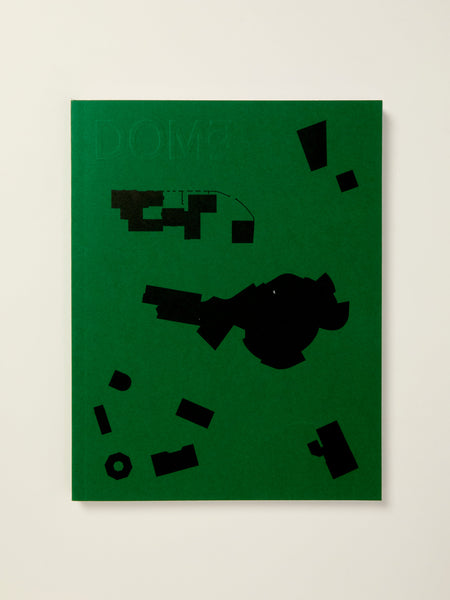
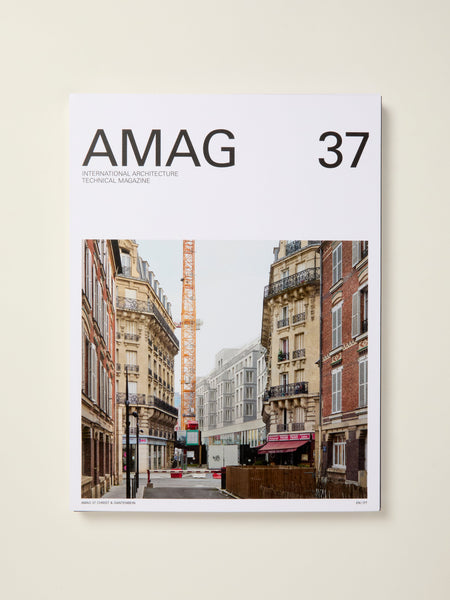
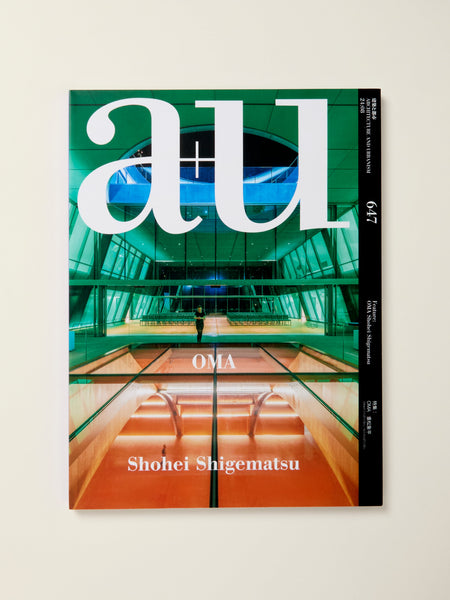
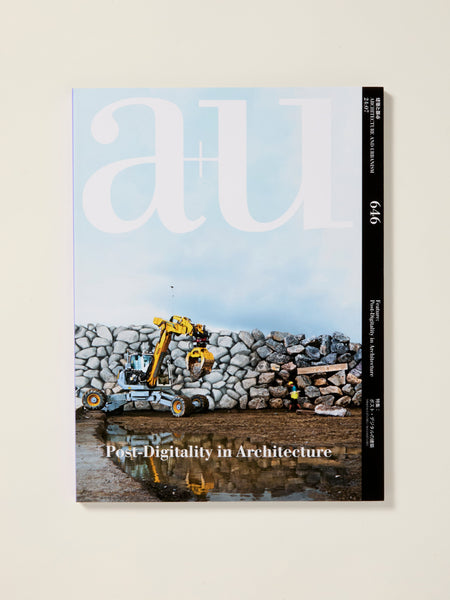


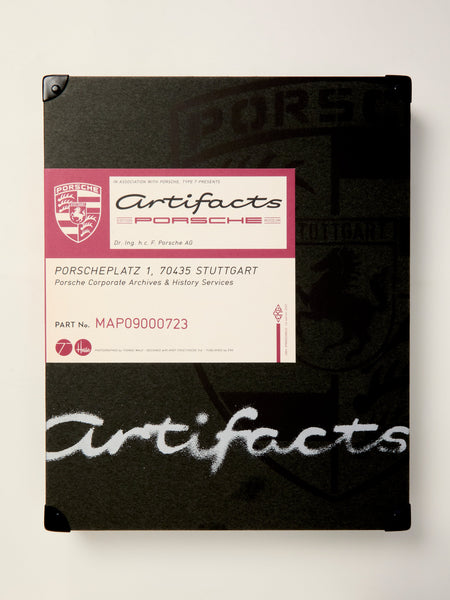


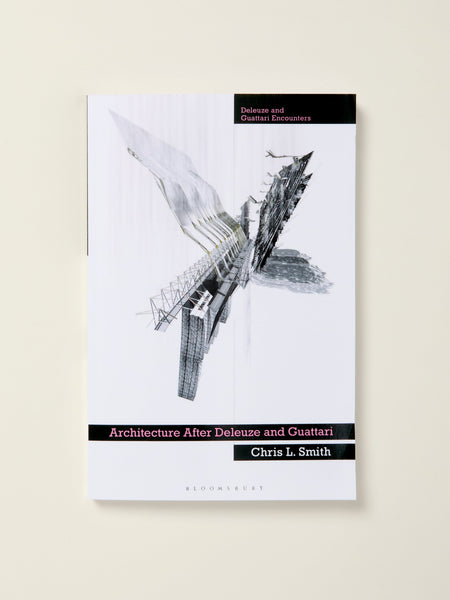
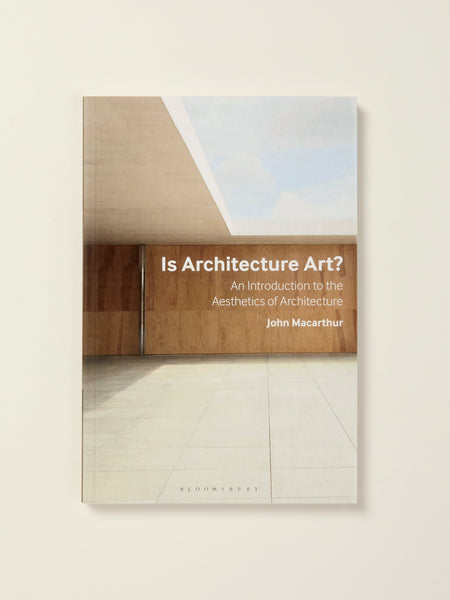

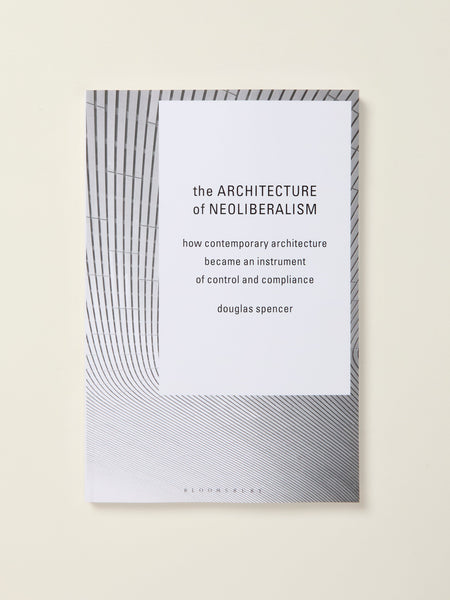

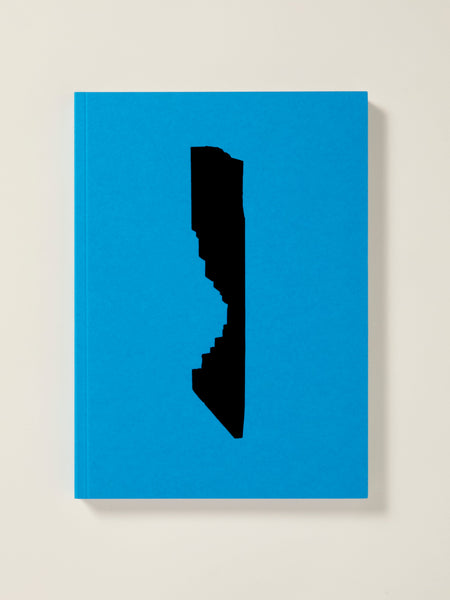
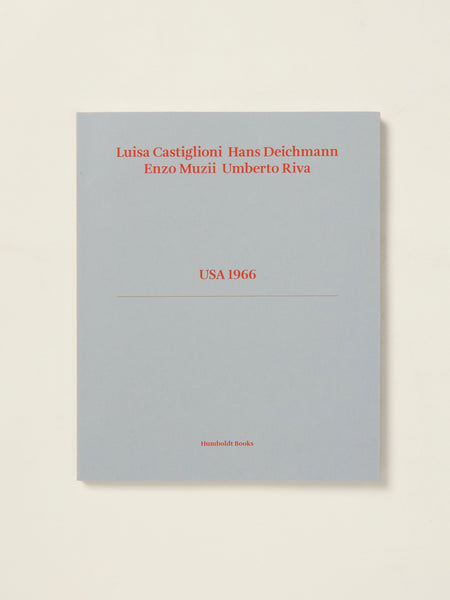
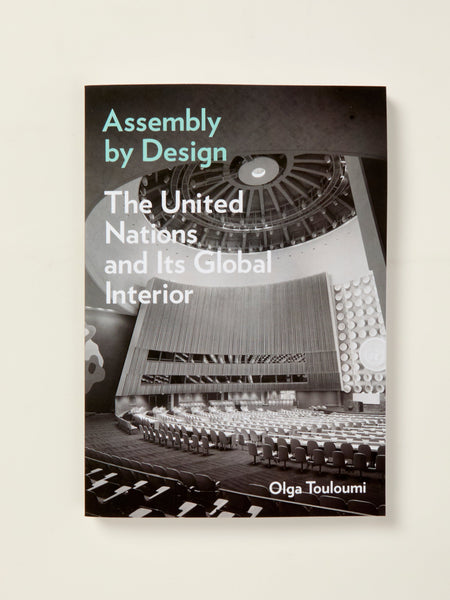
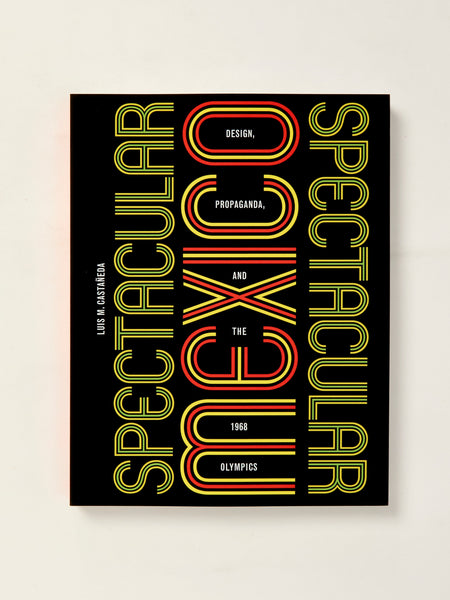



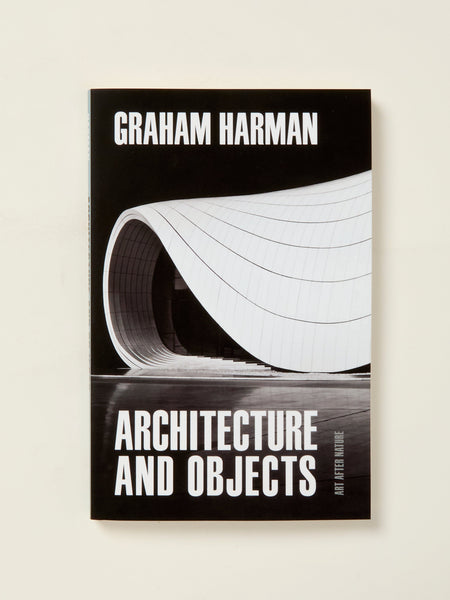
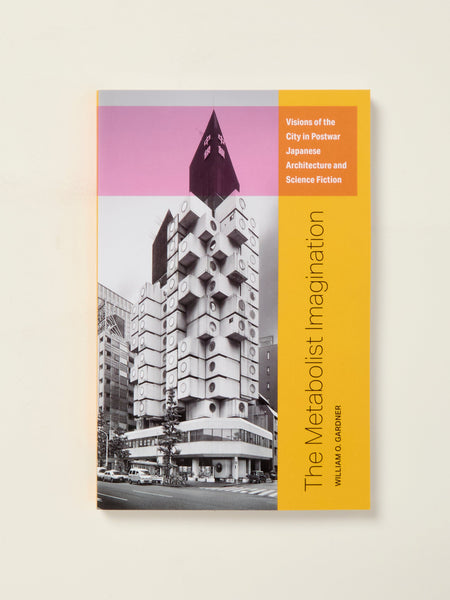

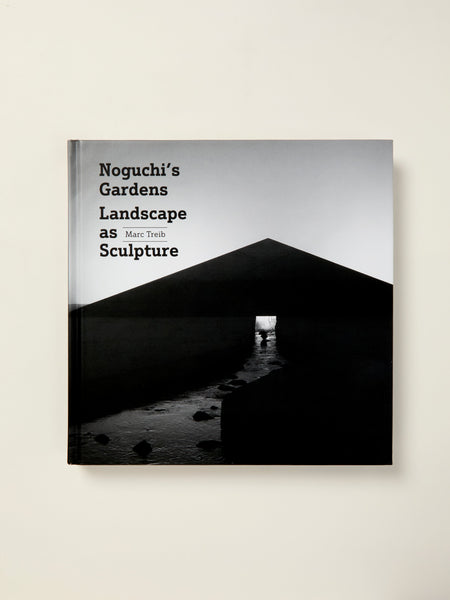
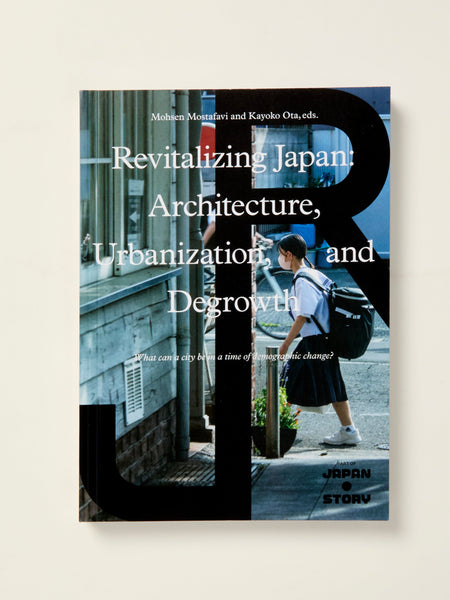
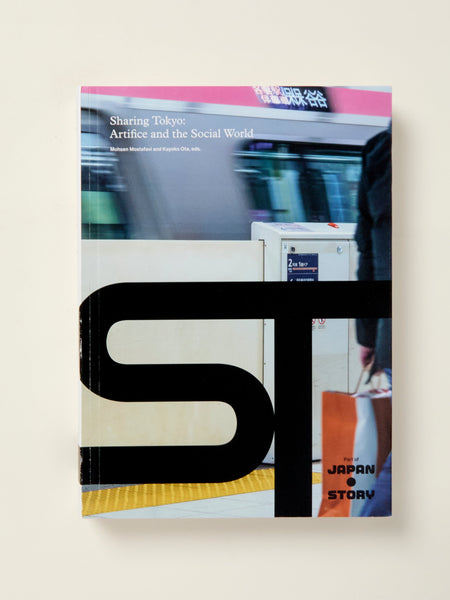
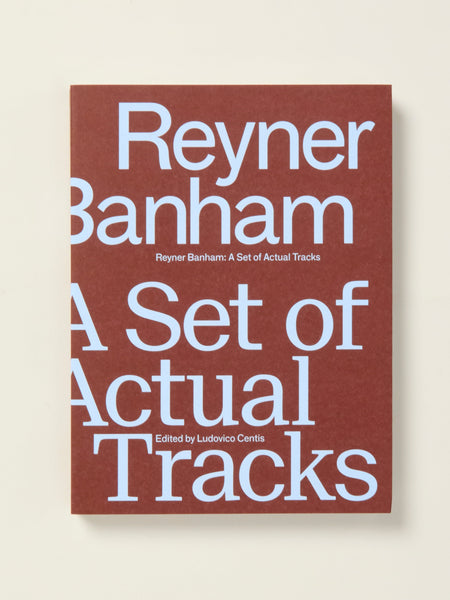
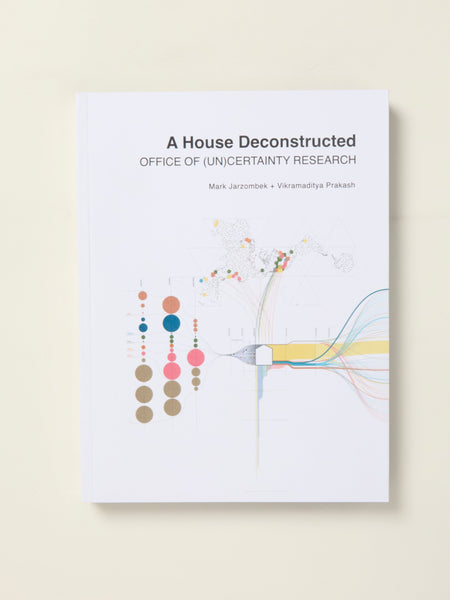
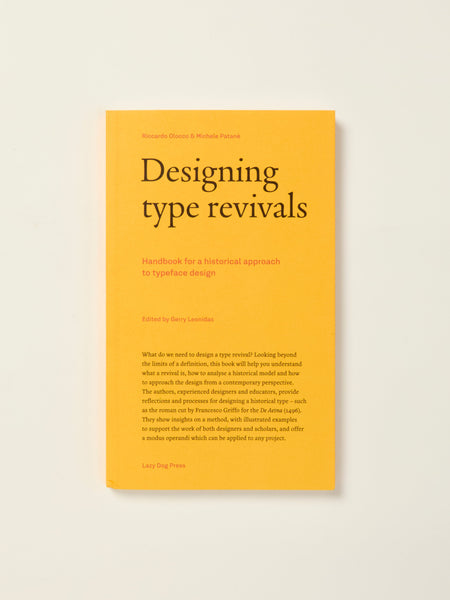
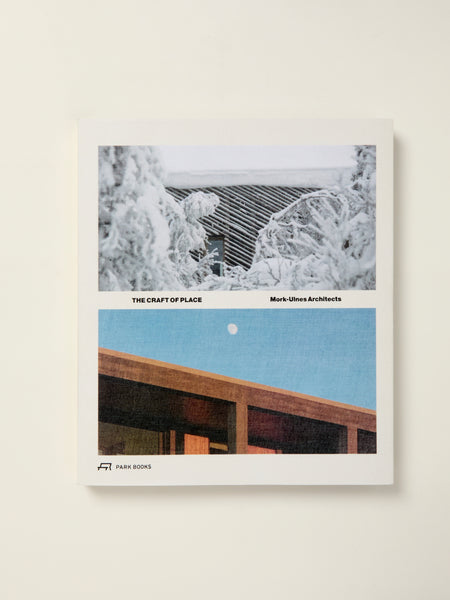
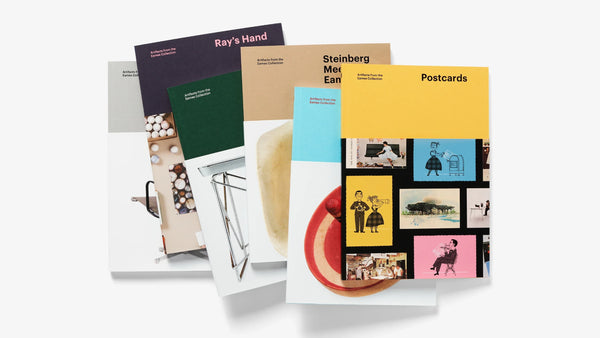
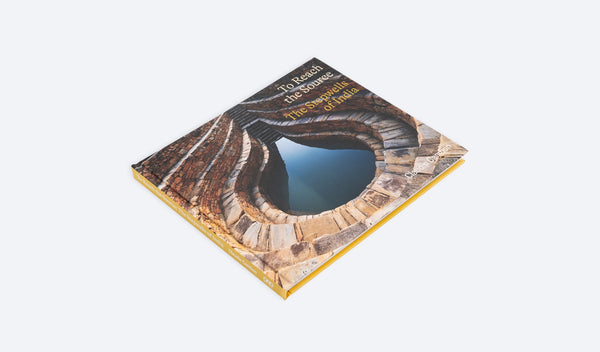

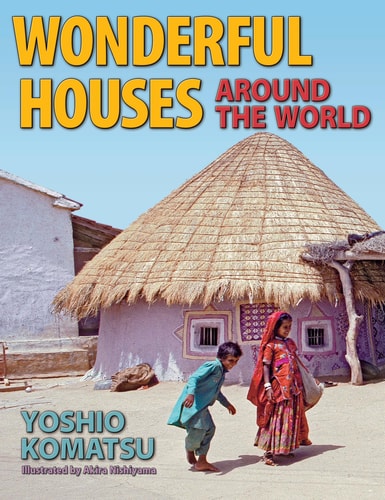
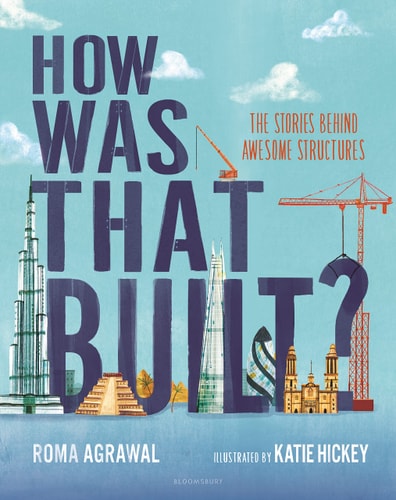


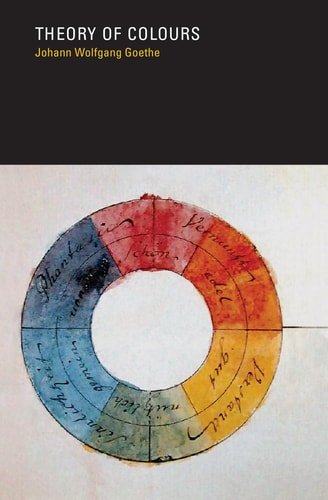
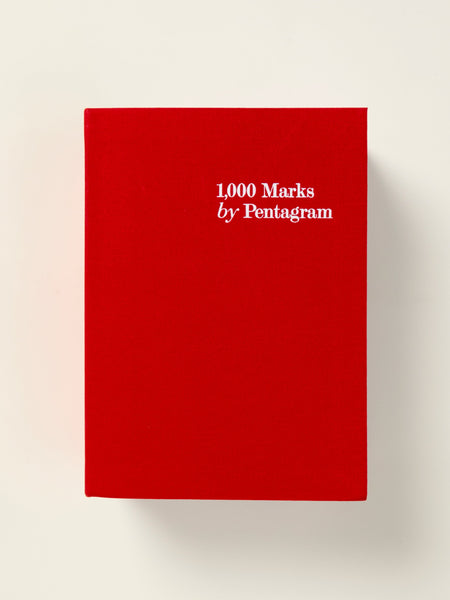
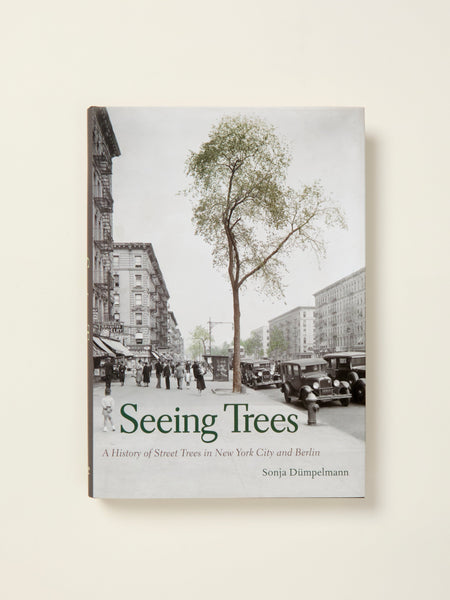
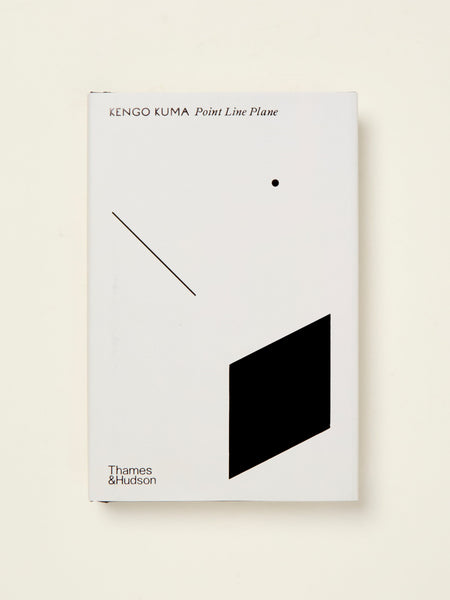
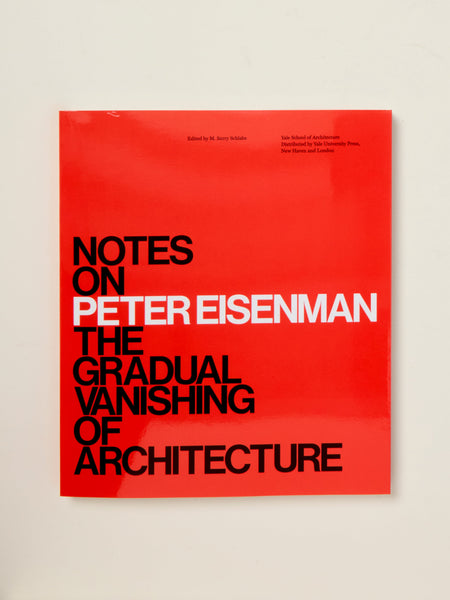
804 Montgomery Street
San Francisco
California 94133
United States
+1 415 391 6757